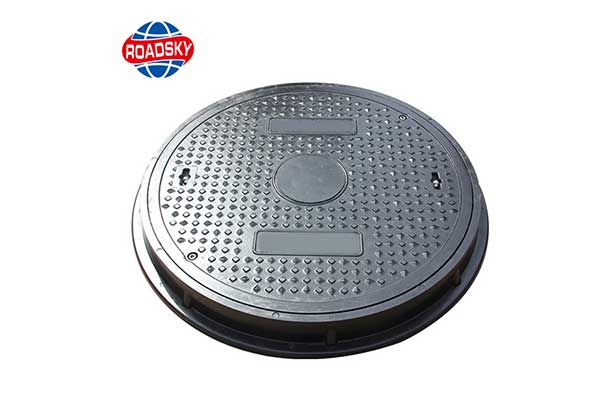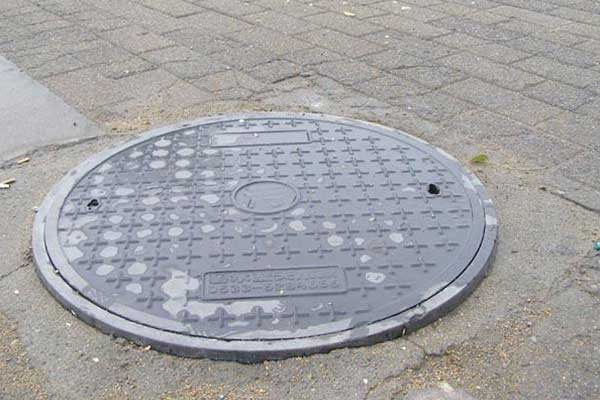What is a Composite Manhole Cover?
In the realm of urban infrastructure and utilities, manhole covers are a critical component. They provide access to underground utilities, ensuring maintenance and inspection can be carried out efficiently and safely. Traditionally made from metal, particularly cast iron, manhole covers have seen a significant evolution with the introduction of composite materials.

What is a Composite Manhole Cover?
A composite manhole cover is made from a mixture of materials, typically including resin, fiberglass, and other reinforcing elements. This combination results in a product that is significantly lighter and more versatile than traditional cast iron covers. The manufacturing process involves molding these materials under high pressure and heat to create a durable, weather-resistant product.
Key Advantages of Composite Manhole Covers
- Lightweight Yet Strong: One of the most notable advantages of composite manhole covers is their weight. They are significantly lighter than cast iron covers, which makes them easier to handle and install. Despite being lightweight, they do not compromise on strength and durability. Composite materials can be engineered to meet or exceed the load-bearing requirements of traditional covers.
- Corrosion Resistant: Composite covers are highly resistant to corrosion, which is a common issue with metal covers, especially in environments exposed to chemicals, salt, and moisture. This resistance extends the lifespan of the covers and reduces maintenance costs.
- Non-Conductive and Non-Sparking: The non-conductive nature of composite materials makes these covers ideal for applications where electrical insulation is critical. Additionally, they are non-sparking, enhancing safety in environments with flammable gases or liquids.
- Customizable: Composite manhole covers can be easily customized in terms of size, shape, color, and even surface texture. This flexibility allows for branding, adding anti-slip surfaces, or color-coding for different utility networks.
- Enhanced Security: Many composite covers come with integrated locking mechanisms, reducing the risk of unauthorized access and theft. The low scrap value of composite materials also discourages theft, a common issue with metal covers.
- Environmental Benefits: The production of composite covers generally has a lower environmental impact compared to cast iron covers. They often involve recyclable materials and produce fewer emissions during manufacturing.

Applications of Composite Manhole Covers
Composite manhole covers are versatile and suitable for a wide range of applications, including:
- Urban Infrastructure: Used in cities and towns for access to utilities such as water, sewage, gas, and electricity.
- Telecommunications: Providing access to underground telecommunication cables and networks.
- Industrial Sites: Ideal for industrial environments due to their chemical resistance and strength.
- Recreational Areas: Parks and recreational facilities benefit from the aesthetic customization and non-conductive properties.
Conclusion
Composite manhole covers represent a significant advancement in utility infrastructure, offering a blend of durability, safety, and flexibility that traditional materials struggle to match. As urban areas continue to grow and evolve, the demand for more efficient, secure, and sustainable infrastructure solutions will only increase. Composite manhole covers are well-positioned to meet these demands, ensuring our cities remain functional, safe, and resilient in the face of future challenges.
By choosing composite manhole covers, municipalities and utility companies can benefit from lower maintenance costs, enhanced security, and a reduced environmental footprint, making them a smart choice for modern infrastructure projects.
If you want to know more about composite manhole cover, you can contact us directly.

